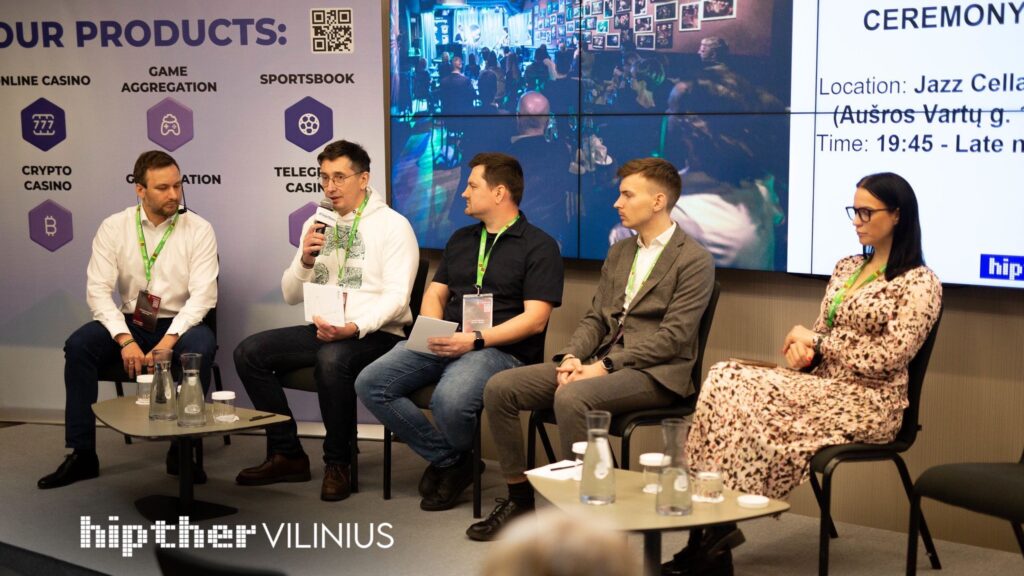From real to mobile: Td9 Group study on how operators and affiliates can take advantage of the Italian mobile-first ecosystem while complying with regulatory requirements.
Conquering the €21.6 billion Italian iGaming market. This is the goal at the heart of the reflection that Vittorio Mele, managing director of Dt9 group, presented to the audience at the Sigma trade fair in Rome. The starting point for developing this line of reasoning was the question: What has happened in the Italian gambling market in recent years?
Analysing the trends of recent years, the first thing that emerges is strong growth in the digital market thanks to new technologies and ease of access. ‘When we talk about iGaming in Europe,’ says Mele, ‘the focus tends to be on established markets such as the United Kingdom, Malta or Sweden. However, in recent years, Italy has proven to be much more than a marginal player: the country is emerging as one of the most interesting, regulated and growing markets on the continent.’
With such significant growth, demand is increasing significantly and, as a result, supply must also increase. ‘So,’ asks Mele, “how do you engage an ever-growing audience?
In recent years, following the consolidation of key market positions and the impact of new licences, we are now faced with a market in which operators must both strengthen their identity and continuously acquire new players. This engagement represents one of the main challenges for operators in this sector in Italy, as they must find the right formula among the opportunities offered by the current decree. Affiliates, understood as partners with whom to collaborate on performance-based campaigns, are a key ally in the Italian gambling industry, especially following the introduction of the Dignity Decree, which imposed specific limits on market operators.
‘Today,’ explains the Dt9 group, “bookmakers can evaluate two alternative approaches, each with its own characteristics. All these issues bring us back to the importance of compliance in the Italian gambling market. Italy is unique in Europe from a regulatory point of view. The state-managed licensing system guarantees a controlled market, with limited licences and high access costs. Added to this is a clear but demanding tax framework and a series of strict requirements in terms of security, transparency and the protection of minors. This “compliance first” approach represents a significant barrier to entry for new operators and partners, but at the same time guarantees stability and credibility. It is no coincidence that many international investors consider Italy to be a less risky market than other countries with more volatile regulations.”
With the arrival of international operators, the iGaming offering in Italy has been enriched not only quantitatively but also qualitatively. The most advanced platforms are introducing innovative gaming models based on mobile-first experiences, interactive features and live streaming gaming environments. In addition, collaboration between gaming operators and sports or entertainment brands is helping to create more engaging and cross-sector experiences. There are currently many affiliate partners operating in the Italian market, each with their own characteristics. The goal is to understand the audience and traffic trends in order to optimise affiliate campaigns based on a mobile-first approach in terms of engagement and conversion.
All this is obviously done via websites and mobile apps to promote bonuses, comparisons, better odds and provide more information about brands and values thanks to the support of artificial intelligence and expertise; leveraging every social platform, with its respective audience and target market, to promote the right message in the right place at the right time; leveraging the right tipster/influencer based on customer needs; maintaining control over sources and content management to ensure quality service. Finally, integration with sports, through streaming and live content, will create new opportunities for engagement.
‘Looking ahead,’ concludes Mele, “the evolution of iGaming in Italy will be driven by technological innovation: blockchain, tokenisation and artificial intelligence are beginning to redefine the security, personalisation and transparency of online gaming. The new rules outline a future in which Italy will be able to consolidate its position as one of Europe’s leading regulated hubs for iGaming. The entry of global operators will inevitably lead to greater competition, but also to higher standards in terms of quality, security and transparency. In this scenario, relying on groups that manage established and profiled community networks, in full compliance with legal requirements, is the most sustainable and effective way to penetrate a new market. If the system manages to effectively balance innovation, consumer protection and economic sustainability, Italy could become an international benchmark for regulated online gaming, a model capable of combining economic development and social responsibility.







